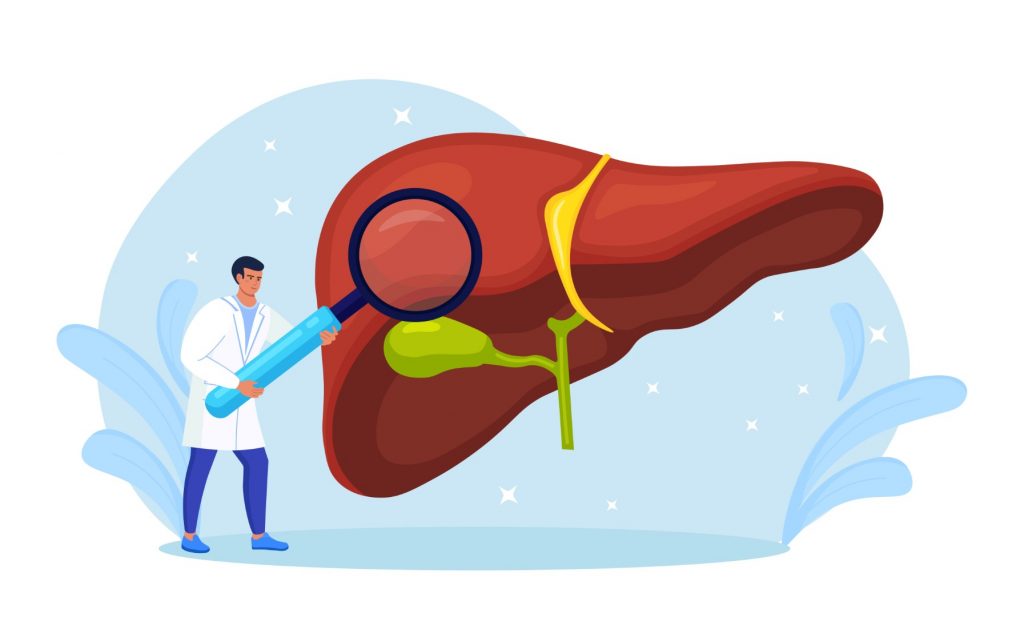
Hepatitis A
Hepatitis A, caused by the Hepatitis A Virus (HAV), is a disease that causes liver inflammation. The virus enters your body through contaminated food and water. Doctors usually associate this disease with impure water, food, improper sanitary measures and lack of personal hygiene with the infected.
Unlike Hepatitis B and C, hepatitis A does not cause any chronic liver disease or fatality. Instead, the virus causes symptoms that could debilitate you or, in sporadic cases, cause fulminant hepatitis (acute liver failure), which is fatal. A WHO study in 2016 estimates that 7,134 deaths occur because of hepatitis A, accounting for 0.5% of the world’s total mortality rate.
Hepatitis A occurs epidemically, affecting a broad group of people living within a particular circle or locality. It may be prevalent for an extended period because of contact between individuals. The hepatitis A virus can withstand the processes supposed to inactivate the pathogens in the food-producing processes!
Symptoms of Hepatitis A:
Hepatitis A has an overall incubation period of over 14-28 days. The symptoms can range from mild to severe and can include nausea, fever, malaise, loss of appetite, darkening of urine, and jaundice.
Adults are more likely to display these symptoms when infected than children. The severity of the disease is higher in people above the age of 60, while children below the age of 6 rarely show any symptoms. On average, only 10% of infected children have experienced jaundice. Hepatitis A has the chance to relapse after complete recovery, reinfecting the liver.
Risk Factors of Hepatitis A:
Not getting vaccinated against the hepatitis A virus is the most significant risk factor for contracting the virus. Another risk factor is staying in an area with an infected populace.
Some common risk factors include:
- Poor personal hygiene
- Contaminated water
- Living in a household with an infected family member
- Venturing into a locality of infected people
- Use of banned substances
Treatment:
Hepatitis A does not have any recommended treatment. Recovery is slow and can take a few weeks to several months. It is better to avoid consuming unnecessary medicines and consult your doctor. You must strictly avoid any form of paracetamol or acetaminophen drugs.
You must increase fluid intake to replenish the fluids lost because of diarrhoea and vomiting; if you notice any signs of fulminant hepatitis, better to contact a
Jaundice Hospital In Chennai immediately.
Preventive Measures:
The preventive measures for hepatitis A revolve around personal hygiene and getting vaccinated.
Some preventive measures include:
- Getting vaccinated against Hepatitis A
- Consuming clean water and hygienic food
- Proper disposal of sewage
- Practising personal hygiene
- Reaching out to a specialist for liver disease treatment when needed
Contact Us:
Reach out to the Chennai Liver Foundation if your looking for liver disease treatment in an around chennai We can provide details about liver failure treatment and prevention.
Visit Chennai Liver Foundation, a leading liver hospital with some of the best gastroenterologists in Chennai, to assess your liver health.
